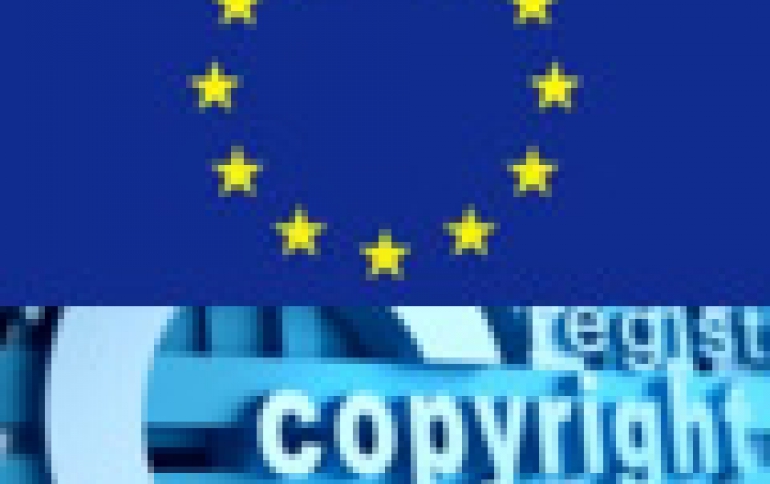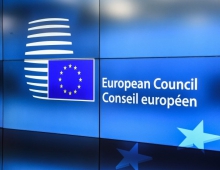
EU Lawmakers Agree on New Copyright Rules
EU lawmakers agreed on Wednesday on a common position on copyright reforms ahead of talks with the 28 EU countries on legislation to force Google, Facebook and other tech giants to share revenues more fairly with Europe's artists and content makers.
Of the lawmakers at the assembly, 438 voted in favor while 226 were against, with 39 abstentions. The next step is negotiations with the European Commission and the 28 EU countries to reconcile their different positions before updating the existing copyright laws.
Last July, the lawmakers had rejected the tough approach proposed by a key committee tasked by the Parliament to look into the issue.
The copyright reforms attempt to ensure that online platforms pay publishers, broadcasters and artists a fair share of revenue and bear liability for online infringement.
Many musicians and creators claim the reforms are necessary to fairly compensate artists.
But opponents fear that the plans could destroy user-generated content, memes and parodies.
The debate has centered around two points, one of which could force Google, Microsoft and others to pay publishers for displaying news snippets.
The other is mandatory upload filtering, which would require online platforms such as YouTube, GitHub, and Instagram to install filters to prevent users from uploading copyrighted materials or seek licenses to display content.
MEPs approved amended versions of the directive's most controversial provisions: Articles 11 and 13, dubbed by critics as the "link tax" and "upload filter."
Article 13 puts the onus on web giants to take measures to ensure that agreements with rights-holders for the use of their work are working.
Article 11 is intended to give publishers and newspapers a way to make money when companies like Google link to their stories. Critics say these two provisions pose a dire threat to the free flow of information online, and will be open to abuse by copyright trolls and censors.
Axel Voss, the German MEPs in charge of overhauling the copyright rules has made his own amendments, including removing small tech firms from facing certain obligations when striking licensing agreements with rights-holders.
He has also attempted to clarify how members countries would mediate between net firms and rights-holders when they flag infringements.
Defenders of the Copyright Directive point to existing laws and newly-introduced amendments that will block the worst excesses of this legislation. They say that the campaign against the directive has been funded by US tech giants eager to retain their control over the web's platforms.
The legislation approved today still faces a final vote in the European Parliament in January. After that, individual EU member states will still get to choose how to put the directive in law.





















